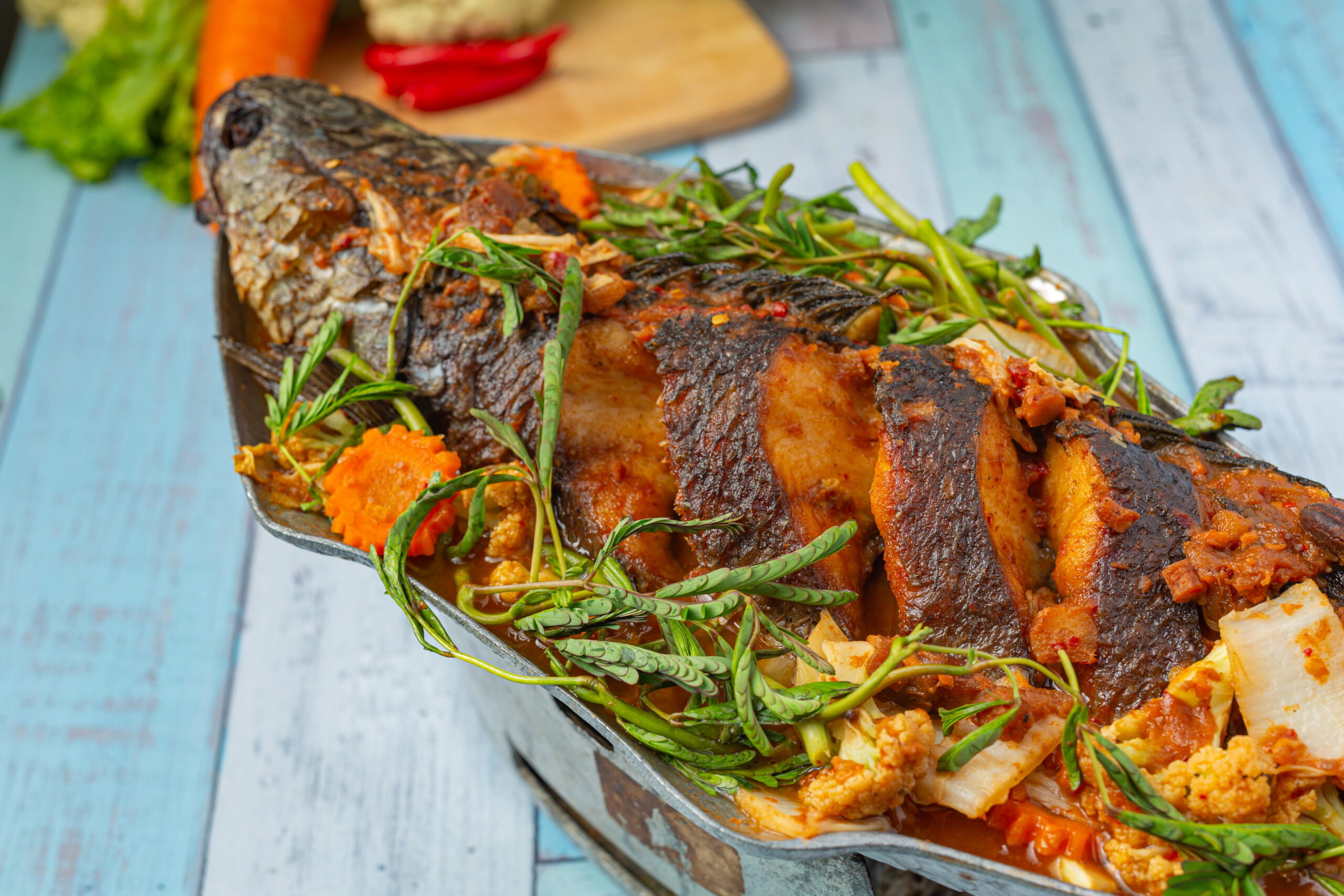🎧 Listen to: Certain fish types should not be eaten by pregnant women is a myth

Certain fish types should not be eaten by pregnant women is a myth
How widespread is the taboo?
Picture this: A pregnant woman is about to enjoy a delicious meal of grilled tilapia when suddenly, an elder warns, “Ei, don’t eat that! It will make your baby slow!” In many African communities, there’s a strong belief that certain fish types—like tilapia or catfish—can harm unborn babies. But is this really true?
Why does this belief exist?
- Superstitions: Some say certain fish make babies slow or bring bad luck.
- Misinformation: People confuse harmful fish (high in mercury) with safe, nutritious options.
- Old wives’ tales: Passed down through generations, these stories spread fear more than facts.
What is the impact of the myth?
- Missed nutrition: Fish is rich in protein, omega-3 fatty acids, and vitamins crucial for a baby’s brain development.
- Unnecessary restrictions: Pregnant women avoid fish altogether, missing out on its health benefits.
- Confusion and anxiety: Myths make pregnancy more stressful than it needs to be.
How can we combat the myth?
- Educate with facts: Safe fish like tilapia, salmon, and sardines are great for pregnancy.
- Avoid high-mercury fish: Shark, swordfish, and certain large tuna should be limited.
- Trust medical advice: Doctors and dietitians—not rumours—should guide food choices.
What is the bottom line?
Pregnant women can (and should) enjoy fish—just choose the right kinds. Let’s serve knowledge with our meals, not fear.
